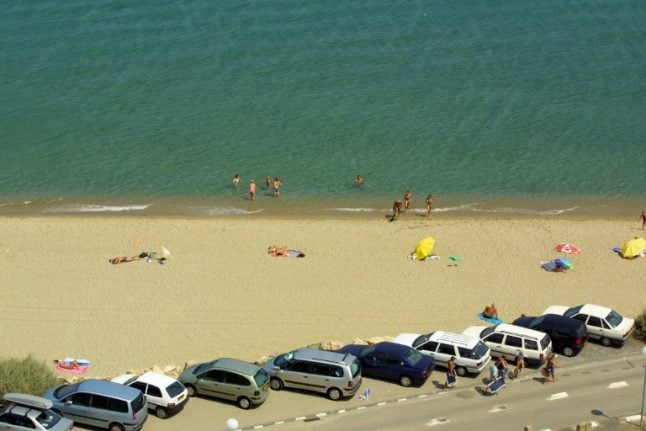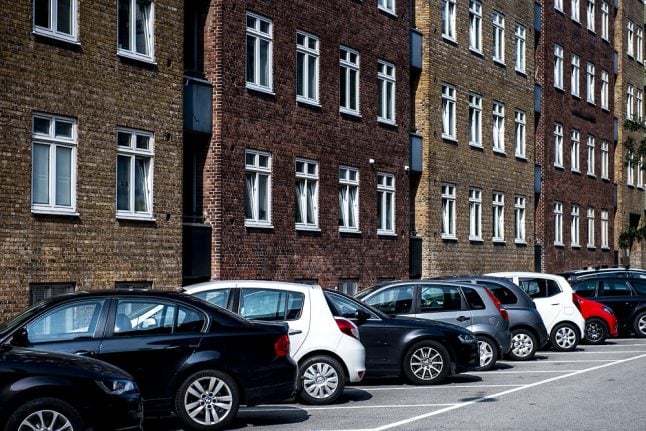Tourists in many coastal parts of France are having to cough up higher amounts than ever for parking penalties and leaving their cars parked on public roads for extended periods of time.
The price hike has become much more obvious this summer, the first long-term holiday period since deregulation by France’s central government put the parking power in municipal hands on January 1st 2018.
Town halls now have the right to decide how much they charge drivers for parking on public space, so many of the 400 municipalities involved have increased their rates, extended the payment times and introduced stiffer penalties for unpaid parking tickets.
According to French daily Les Echos, the first hour of parking remains roughly the same at €1 across most of l’Héxagone, but the price soars quickly the longer they stay.
As the reform does prevent town halls from setting the price of fines (the post-parking or non-payment fee, FPS as it is called in France) in excess of the cost of a full day's parking rate, they have instead extended payment periods and bumped up rates for long-term parking.
In the seaside Côte d'Azur town of Cavalaire-sur-Mer, the parking price has almost quadrupled from €6 to €23 for the day.
Upmarket neighbour Saint-Tropez now charges drivers €30 to park on a street close to the beach and in Brittany in the northwest of France, authorities in the coastal town of Concarneau have set the daily amount at €35.
READ ALSO:

Saint Tropez. Photo: Krzysztof Belczyński/Flickr
But whereas some coastal municipalities are seeing deregulation and an increase in tourist numbers as a chance to fill public coffers, other smaller tourist spots are more apprehensive about dissuading visitors with sky-high rates.
The seaside town of Sainte-Maxime on the French Riviera for example has decided to make its beachside public car park completely free of charge to visitors.
Authorities in France's biggest cities have however taken to putting up parking rates, much the same as town halls in some of the country's most popular coastal spots.
In Paris the rate for not displaying a parking ticket is now €50 and in Lyon it's as high as €60.
FIND OUT MORE: Parking fines to skyrocket in Paris and other cities in France




 Please whitelist us to continue reading.
Please whitelist us to continue reading.
Member comments